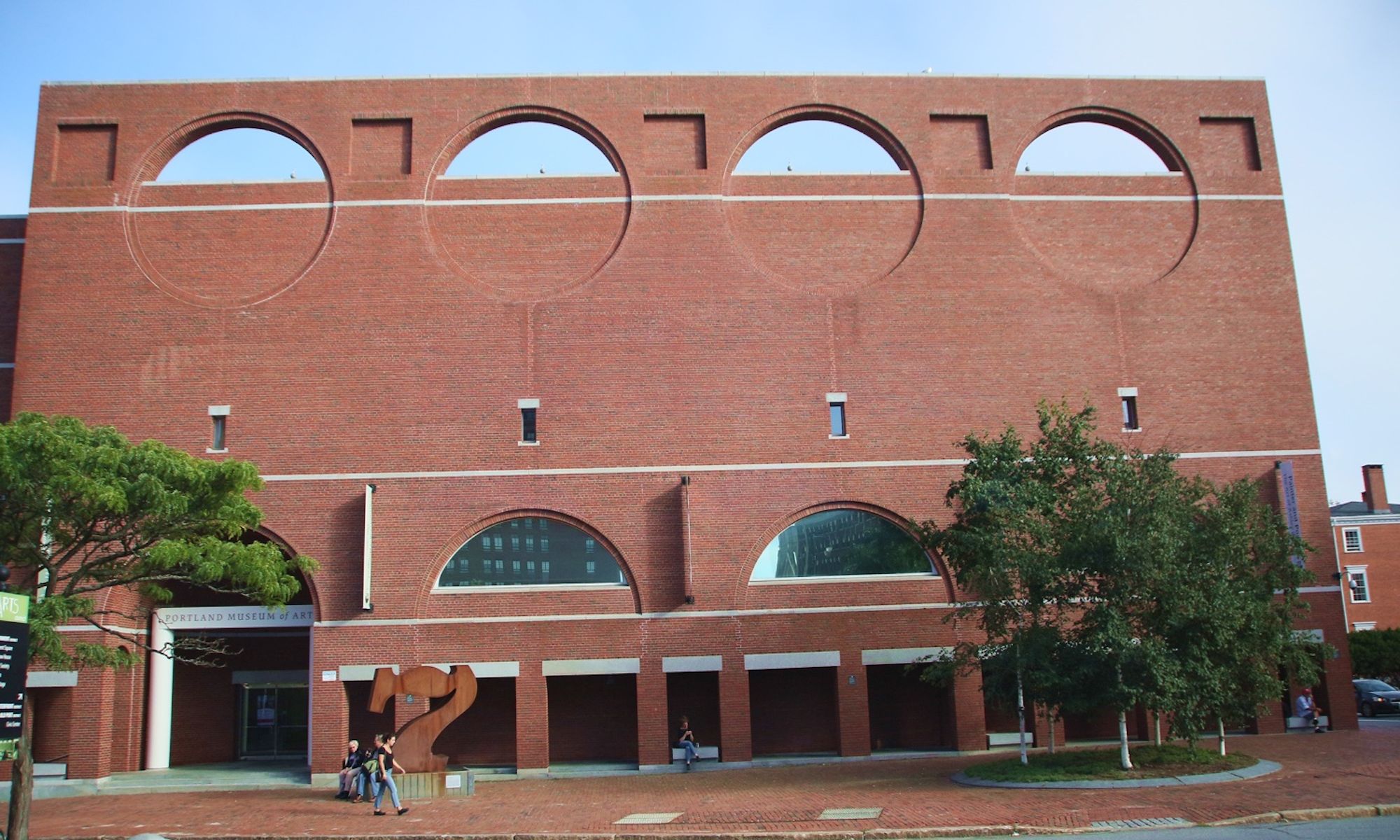The Portland Museum of Art's main building on Congress Square Photo by Rennboot, via Wikimedia Commons
The Portland Museum of Art (PMA) in Maine has laid off 13 employees due to financial hardships brought on by the Covid-19 pandemic. Those laid off include managers and salaried employees as well as hourly workers, according to a statement announcing the layoffs. The museum’s director, Mark Bessire, has taken a voluntary salary reduction as part of the institution’s cost-cutting measures, according to WMTW.
None of those let go are members of the museum’s recently formed union of gallery attendants and security staff. (A separate group of around 35 workers unionised, under UAW Local 2110, in 2021; in 2022 the museum settled an unfair labour practices complaint with 14 former employees who had been laid off.)
In its public statement, the museum attributes the layoffs to expenses that “remain high and unpredictable”, the “deterioration” of the area surrounding the museum’s Congress Square site, the ageing facilities in its own building and persistently low attendance nearly four years after the onset of Covid-19. “Since 2020, the museum has seen a 35% decrease in attendance because fewer visitors and workers are coming back to Congress Square and our spaces for programmatic growth are limited,” the statement reads. “We are carefully and collaboratively designing long-term plans for a stable and scalable future.”
Those long-term plans include continuing with an ambitious, $100m renovation and expansion project that involves an architectural addition of 60,000 sq. ft to the museum’s existing campus. The mass timber design for that project, by the West Coast firm Lever Architecture, was selected just over a year ago. A PMA spokesperson confirmed that this project will continue, despite the financial hardships cited in the public statement regarding the layoffs.
“The expansion is needed due to our collection growing and limitations of our ageing facilities to serve our diversifying communities,” the spokesperson said. “And this hard moment of restructuring is in response to a much slower recovery from the pandemic, shoring up our financials as we prepare for a sustained and vibrant future.”

